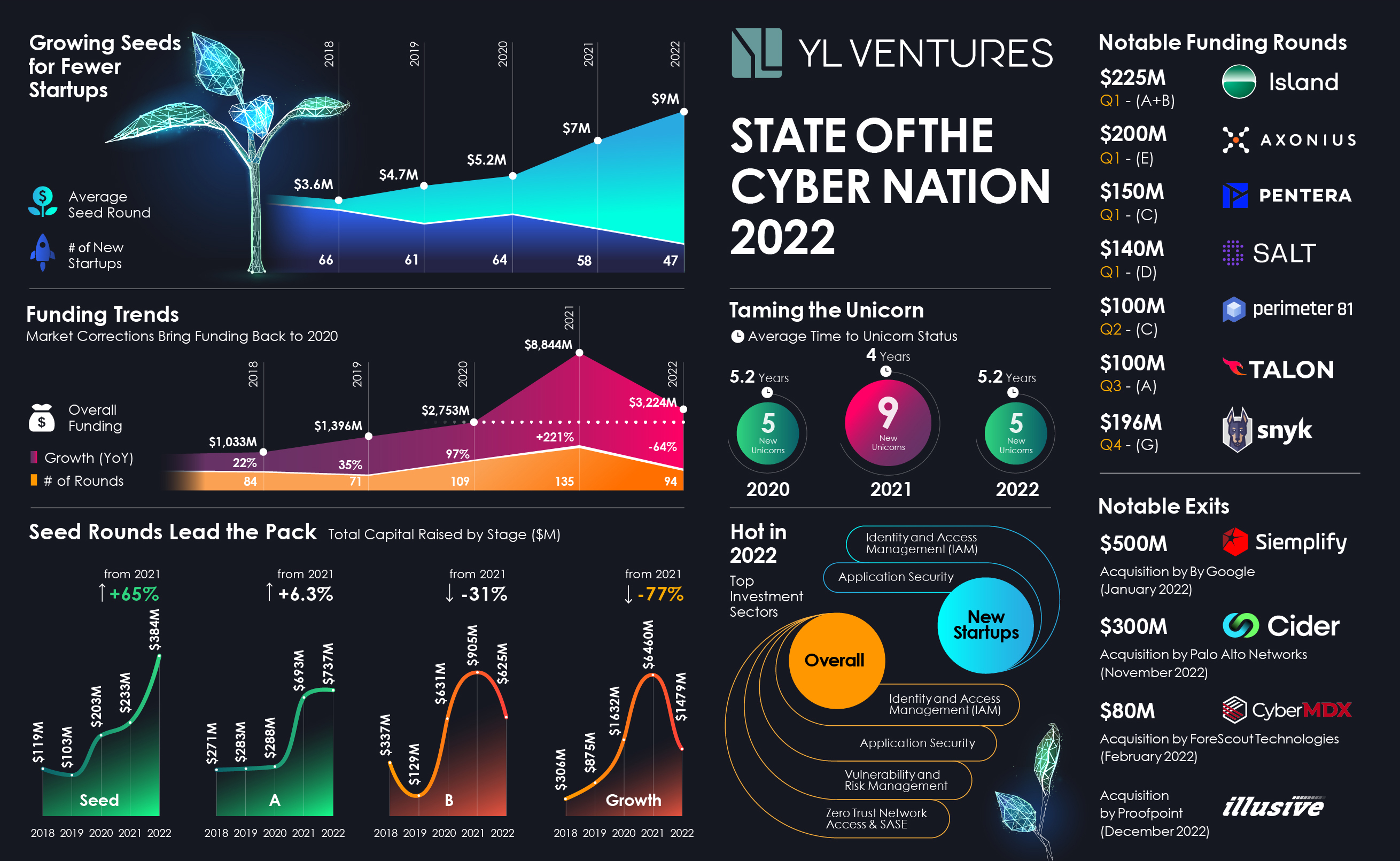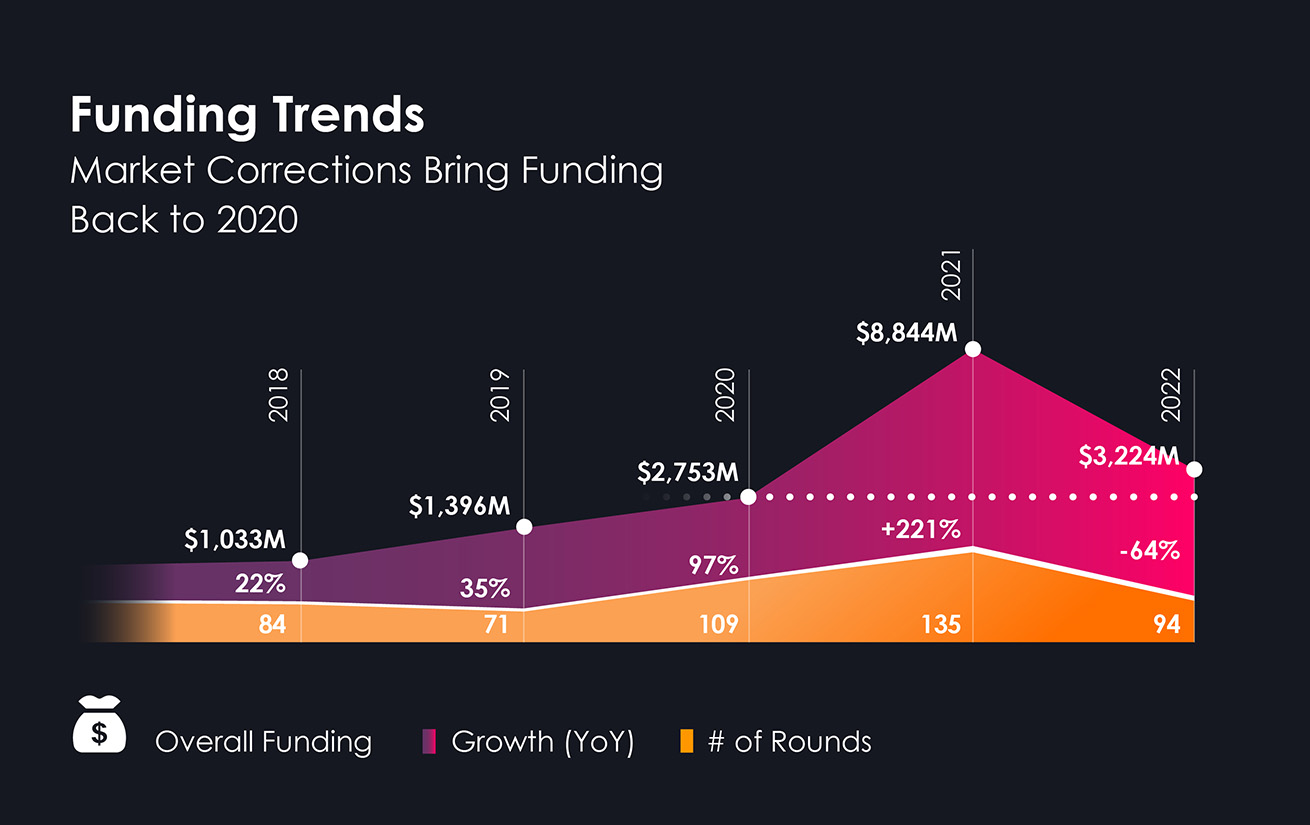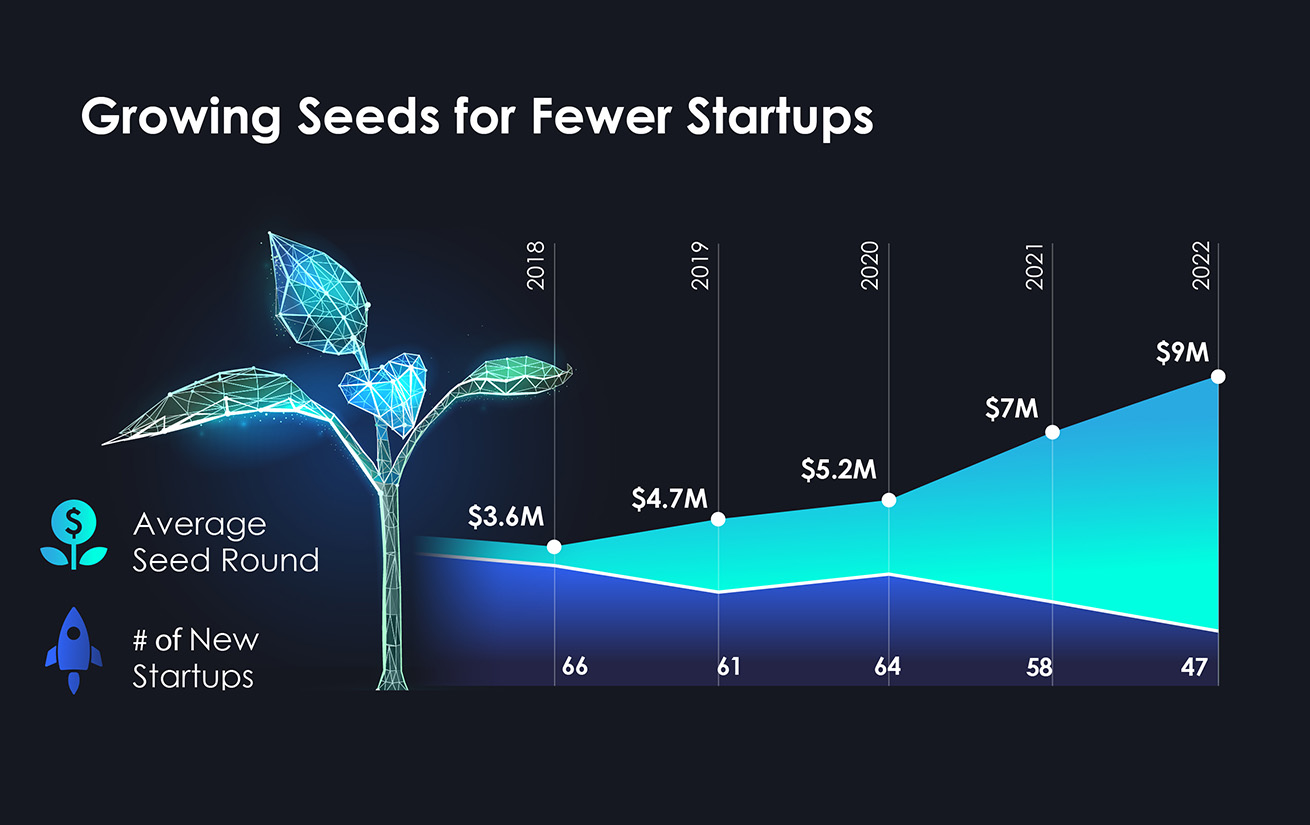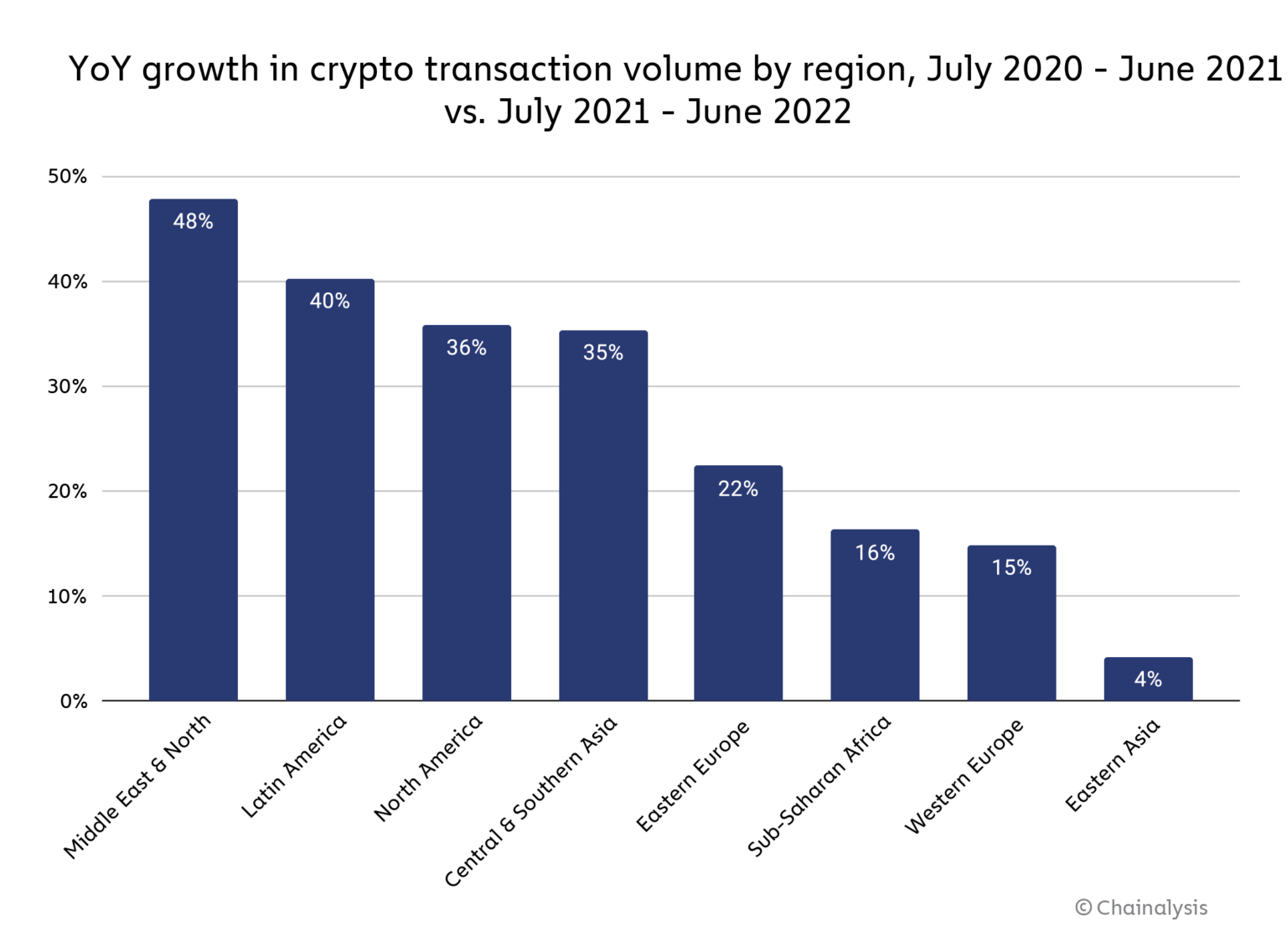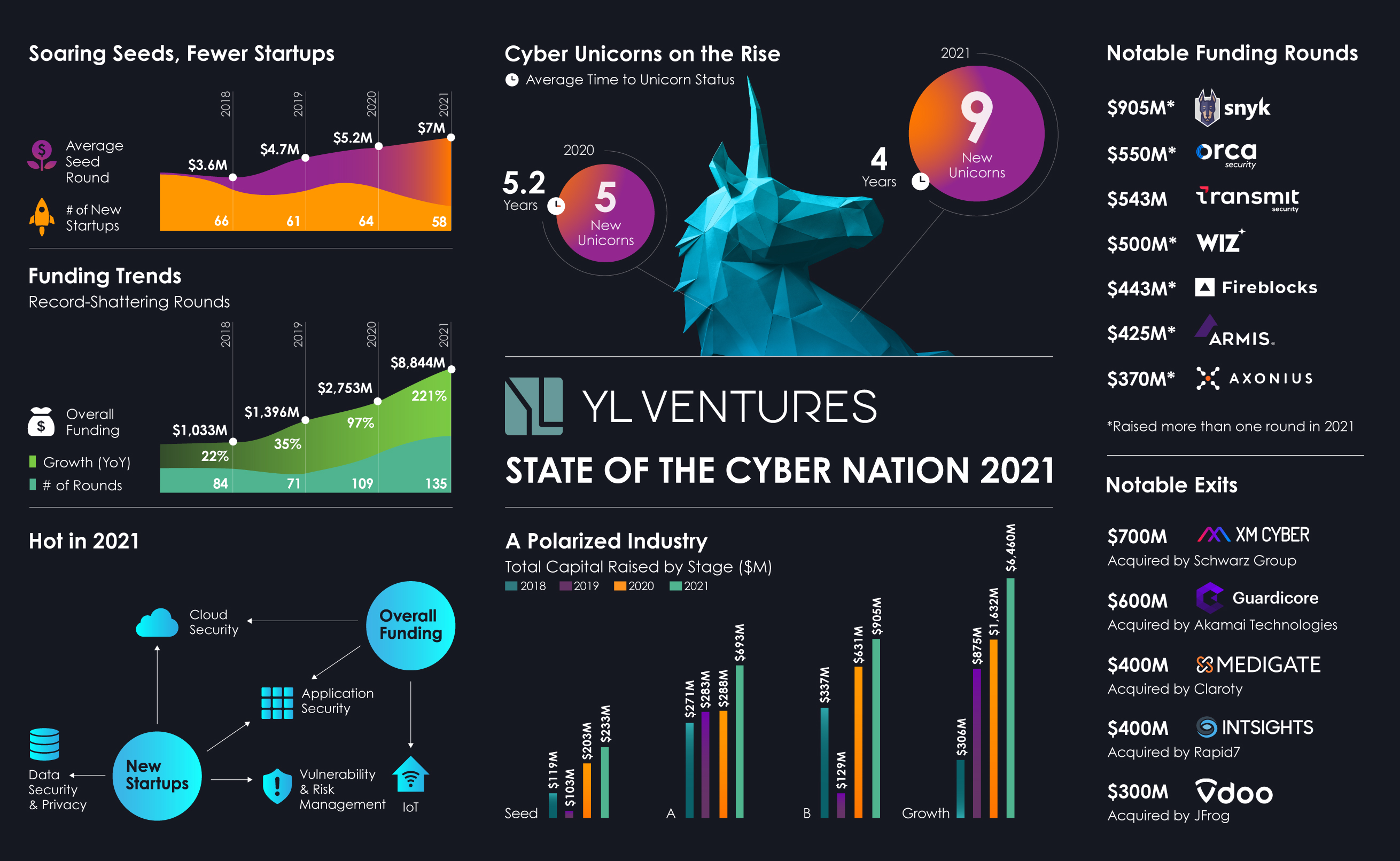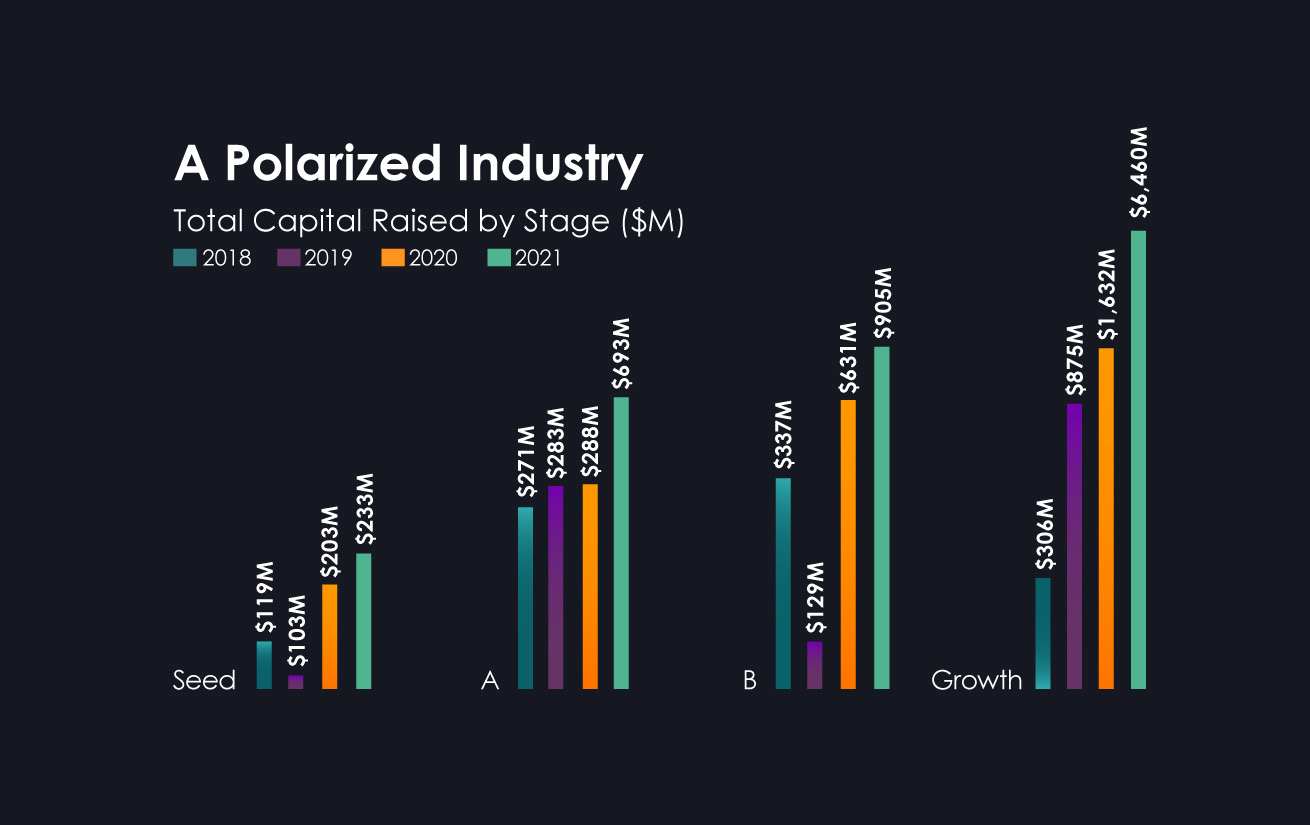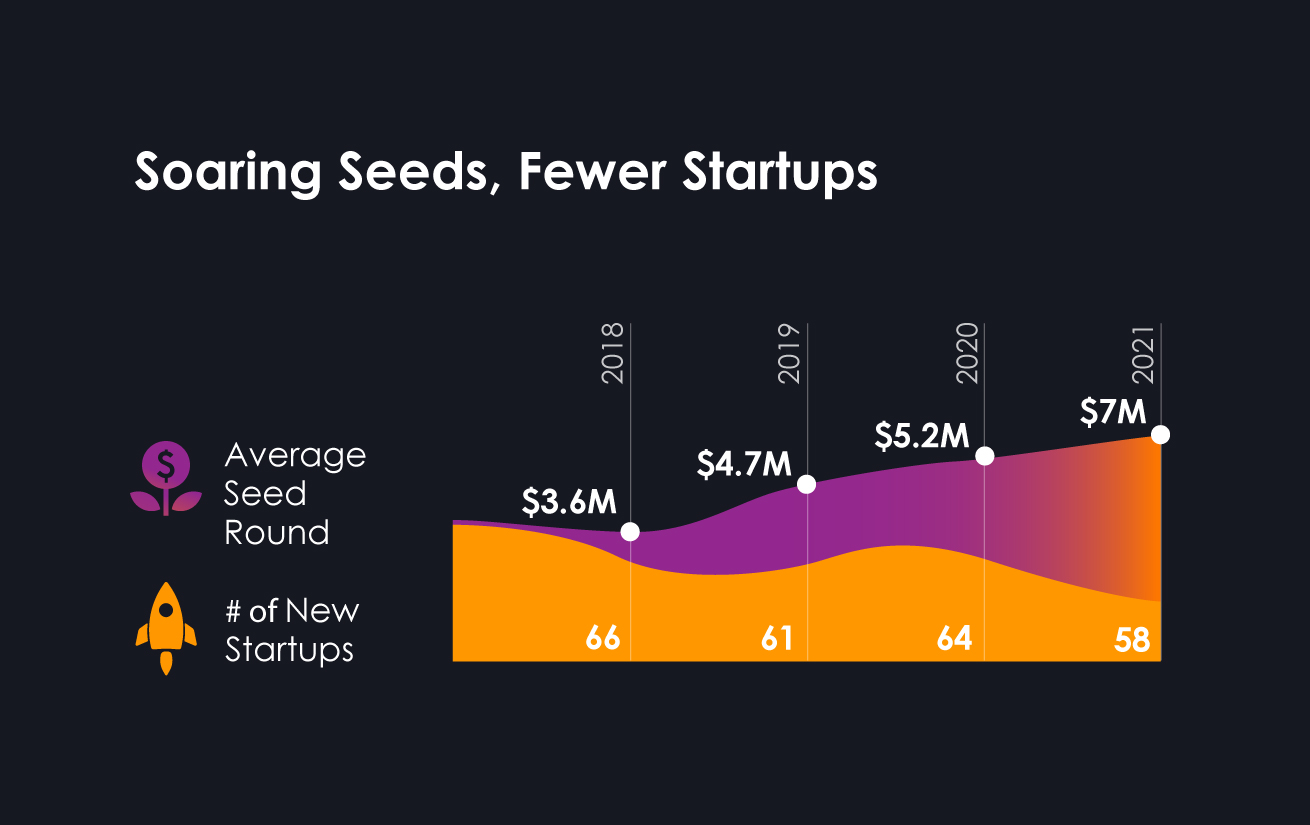Last year was a good 12 months of firsts for African tech startups.
For the first time, the sector attracted over 1,100 unique investors in 2022, which in turn resulted in a record fundraising haul of $6.5 billion, according to data from Partech.
In fact, even some of the excesses of 2021 were eclipsed when the number of investments on the continent rose higher in 2022 than they had a year earlier, boosted by early-stage firms flocking to fund startups in the wake of landmark exits of homegrown companies like Jumia and Paystack.
What drove such volumes when the rest of the world was reining back the collective enthusiasm of 2021? To find out, we polled a few investors who had the highest volume of deals in Africa last year.
It turns out that while later-stage investors, mostly international VC firms, grabbed headlines by writing immense checks, pre-seed and seed-stage investors were instrumental to the growth of the continent’s tech ecosystem.
In Africa, incubators, accelerators, angels and seed investors easily outnumber larger funds — simply because it’s much harder to raise a large fund here. They accounted for more than 70% of the 1,100+ investors that participated in at least one deal on the continent last year.
“This shows that Africa’s investment landscape is still very promising because it continues to grow, and there’s increasing interest in multiple startup ecosystems, including nascent ecosystems. There’s also been an increase in syndicates and investment groups consisting of Africans at home and in the diaspora, as well as an increase in the number of founders of later-stage companies who are now investing in other founders,” said Kola Aina, general partner at Ventures Platform.
“These are all indications of a growing ecosystem,” he added.
However, the investor community also recognizes that there’s still a long way to go and a slew of opportunities left to tap.
“We are slowly building a more durable capital base for African tech. Having 1,000 active investors is not enough,” said Stephen Deng, founder and partner of DFS Lab. “We need thousands of active investors that support the different startup stages, especially on the growth side, offering both equity and debt.”
That said, Africa didn’t go unscathed — several investors noted that they did see deal flow and cadence slow down in 2022 and expect investors to be more careful about who they invest in and at what point.
“We definitely noticed deals were happening slower,” said Karima El Hakim, country director of Plug and Play Egypt.
“A round that would’ve closed in one or two months in 2021 took three or four months in 2022 [ … ] We have definitely seen valuations tighten, and a lot of startups have pivoted into less cash-intensive business models.”
Read on to find out what these prolific investors have to say about hot startup sectors in Africa, investment trends, their predictions for 2023, how to pitch them and more.
We spoke with:
- Kola Aina, general partner, Ventures Platform
- Zachariah George, managing partner, Launch Africa Ventures
- Olumide Soyombo, co-founder, Voltron Capital
- Stephen Deng, co-founder and managing partner, DFS Lab
- Karima El Hakim, country director, Plug and Play Egypt
- Iyinoluwa Aboyeji, founding partner, Future Africa
- Maya Horgan Famodu, founder and partner, Ingressive Capital
- Kyane Kassiri, partner, RaliCap
Kola Aina, general partner, Ventures Platform
Your firm was among the African investors that wrote the most checks to startups in the seed stage last year. How do you balance writing so many checks and funding the best companies?
We go back to first principles, starting with the core of our thesis. We also have a very wide top funnel such that in 2022, we made initial contact with over 2,500 startups and ideas, and eventually only partnered with less than 1% of that top of the funnel. We also get strong referrals from our community of founders, which improves our signal-to-noise ratio.
There’s a pretty strict house process, regardless of how many deals we do. Over time we’ve continuously optimized that process to ensure we are efficient in how we review deals and how soon we can give founders feedback.
Firms that back a lot of startups are often criticized for not doing their due diligence and labeled lazy for using “spray and pray” tactics. How does this affect the investment landscape? Has this led to unrealistic valuations?
Markets are cyclical — founders and investors adapt to prevailing market conditions. Today, the market dictates a slower and more deliberate pace in the face of global economic uncertainty. This is a development we welcome, as it means that our penchant for due diligence and rigor is now back in vogue. The investment landscape remains unchanged even if things are a little slower; startups with strong fundamentals and good traction will attract capital and do well.
The most active African investors were involved in 15-20 deals, according to a report on African VC activity in 2022. How was that volume of deals possible in a year when investors retreated heavily? Will we see similar numbers in 2023, or will things change?
Despite the gloomy macroeconomic conditions, many investors still believe in what is possible in Africa. We expect to make more investments this year within the context of a few market trends, such as lower valuations, more emphasis on profitability and capital efficiency, more cost reduction initiatives, and opportunities for corporate buyers with strong balance sheets to acquire startups.
“We did see some unrealistic valuations in 2021 — it was almost as if founders forgot how to build with, say, $200,000. I stayed away from such deals.” Olumide Soyombo, co-founder, Voltron Capital
What differences did you notice in the investment landscape in 2022 compared to 2021? Were deals less or more competitive?
For global venture capital, 2021 was an outlier. But last year was when things started to cool down, starting with public markets and then manifesting at the late-stage startup cycle.
The challenging market conditions impacted fundraising — we noticed that, in comparison to 2021, some rounds took longer to close, some founders had to raise less than they initially planned, and at more conservative valuations. Sadly, some investors pulled out of deals.
We also noticed an increase in debt funding, which doubled from 2021 to $1.5 billion, which we believe is an indication of the maturity of the ecosystem and the growing/diverse financial needs of entrepreneurs.
Did your investment strategies change along with the current market conditions?
Not really; if anything, we feel the market geared down to where we were: favoring diligence and rigor over speed.
The African tech market in 2022, for the first time, had over 1,100 active investors and saw more deals signed compared to 2021. What does this say about the current state of Africa’s investment landscape?
This shows that Africa’s investment landscape is still very promising because it continues to grow, and there’s increasing interest in multiple startup ecosystems (including nascent ecosystems).
There’s also been an increase in syndicates and investment groups consisting of Africans at home and in the diaspora, as well as an increase in the number of founders of later-stage companies who are now investing in other founders.
These are all indications of a growing ecosystem.
Looking forward, which sectors will you continue to keep an eye on, and which trends do you expect to take off? Why?
We have seven key areas of interest that we remain committed to: financial services and insurance, life science and health tech, edtech and digital talent accelerators, enterprise SaaS, digital infrastructure, agtech, and food security.
That said, we follow innovations closely and are open to exploring new verticals. Currently, we’re excited about AI and climate technologies, because they offer an unprecedented opportunity to create a better, more sustainable future for all while ensuring Africa is not left behind.
How do you prefer to receive pitches? What’s the most important thing a founder should know before they get on a call with you?
Warm introductions are very nice, but not always accessible to every founder; this is why we have a channel for receiving decks through the application link on our website.
The investment team reviews decks and arranges meetings with founders building companies that align with our thesis.
Our thesis is the most important thing founders should be aware of because that’s our initial criteria for screening. We are an early-stage fund that invests in market-creating innovations solving for non-consumption in Africa.
In 2023, we’re looking to invest in more companies in Francophone West Africa, and East and North Africa. We are also looking forward to backing more female-led companies, and we are usually very excited to invest in pre-seed companies.
Zachariah George, managing partner, Launch Africa Ventures
Your firm was among the African investors that wrote the most checks to startups in the seed stage last year. How do you balance writing so many checks and funding the best companies?
We have strong relationships with most of the continent’s leading incubators, accelerators and venture-building studios. We can cherry-pick the top companies graduating from these programs before their demo days, which is a win-win for both the programs and for us.
Similarly, our solid relationships with Series A and Series B VC funds on the continent (and globally) creates an environment where they refer great companies to us that they really like, but are just a bit too early stage for them.
The most active African investors were involved in 15-20 deals, according to a report on African VC activity in 2022. How was that volume of deals possible in a year when investors retreated heavily? Will we see similar numbers in 2023 or will things change?
Africa accounts for about 17% of the world’s population, around 4% of the world’s GDP, but only about 1% of global venture capital.
This capital funding-economic value-target addressable market arbitrage opportunity is blatant and is constantly being tapped into (and rightly so) by investors who have done their homework.
They understand African technology-driven ventures will continue to grow and scale from:
- increased consumer purchasing power.
- higher penetration of smartphones.
- better digital connectivity through both e-commerce and social-commerce.
- greater corporate-startup collaboration from a channel distribution and customer acquisition perspective.
I expect to see similar numbers in 2023, and hopefully even better.
What differences did you notice in the investment landscape in 2022 compared to 2021? Were deals less or more competitive? Did your investment strategies change along with the current market conditions?
Last year was definitely a more circumspect and cautious investment landscape compared to the bull-run in African VC in 2021. Deals were a lot more competitive in 2021, because some founders were able to raise at often unrealistic valuations.
After a record 2022, 8 investors explain why it’s ‘still just Day 1’ for Africa’s startup ecosystem by Tage Kene-Okafor originally published on TechCrunch

